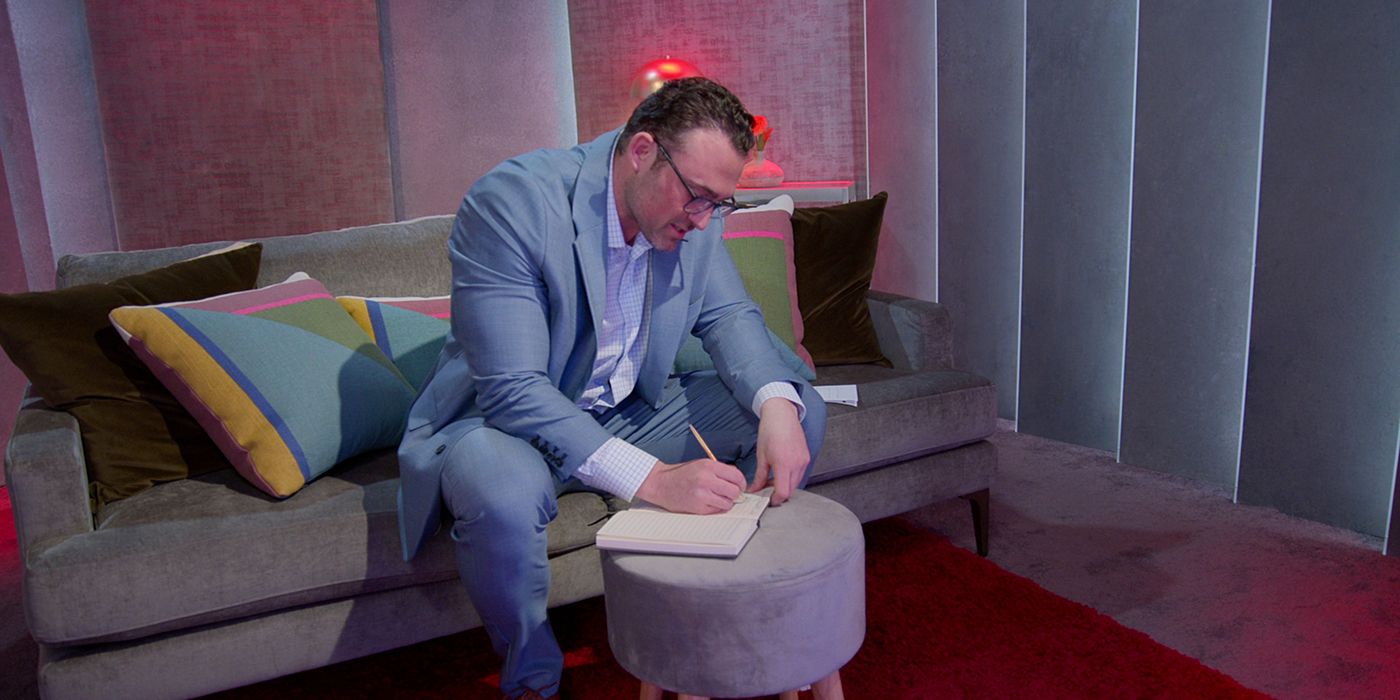The popular Netflix dating show “Love Is Blind” has captivated audiences with its unique premise and emotional rollercoaster of a journey. However, the franchise was recently rocked by a major scandal involving contestant Trevor, forcing the producers to confront some serious shortcomings in their oversight and aftercare procedures.

The Trevor incident, in which the software engineer was accused of emotional abuse and manipulative behavior towards his fiancée Kacia, shone an unflattering spotlight on the show’s lack of sufficient mental health support for its participants. Fans were outraged to learn that despite multiple red flags being raised during filming, the production team failed to intervene or provide adequate resources to the affected woman.
This breakdown in duty of care has sparked widespread calls for “Love Is Blind” to implement sweeping reforms to better protect its vulnerable cast members. Experts in the field of reality TV psychology have been unequivocal in their assessment that the show’s current practices fall woefully short.
“When you have a high-pressure environment like ‘Love Is Blind,’ with intense emotional stakes and limited outside contact, the potential for psychological harm is extremely high,” cautioned Dr. Samantha Rodman, a clinical psychologist who specializes in reality TV. “The producers have a moral and ethical obligation to have robust safeguards in place, and the Trevor situation clearly exposes their failure to do so.”
One of the key areas that requires immediate attention is the show’s casting and background check processes. Many have questioned how an individual with Trevor’s alleged history of concerning behavior was able to make it through the vetting procedures in the first place. Rigorous psychological evaluations and more thorough reference checks must become a non-negotiable part of the casting protocol.
Additionally, the provision of on-site mental health professionals and ongoing aftercare support for participants needs to be dramatically improved. Experts agree that simply offering a hotline number is wholly inadequate when vulnerable people are being pushed to their emotional limits.

“There has to be a comprehensive, trauma-informed approach to supporting these contestants, both during and after filming,” stressed Dr. Rodman. “Anything less is an abdication of the show’s duty of care.”
Perhaps most importantly, “Love Is Blind” must demonstrate a genuine commitment to tackling issues of abuse, manipulation, and toxicity within its own ranks. Hollow apologies and surface-level changes will no longer suffice – the producers must be willing to conduct a full, transparent investigation into the Trevor incident and implement meaningful reforms.
Only then can the show begin to regain the trust of its audience and prove that the pursuit of entertainment will never come at the expense of vulnerable people’s wellbeing.



